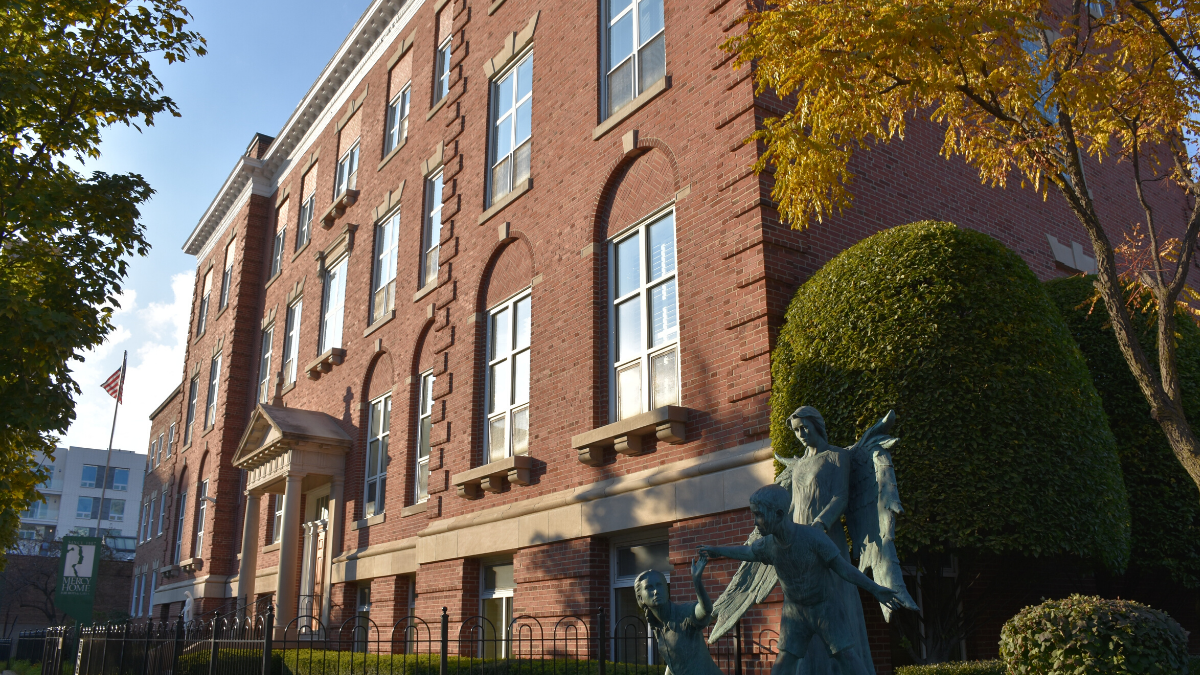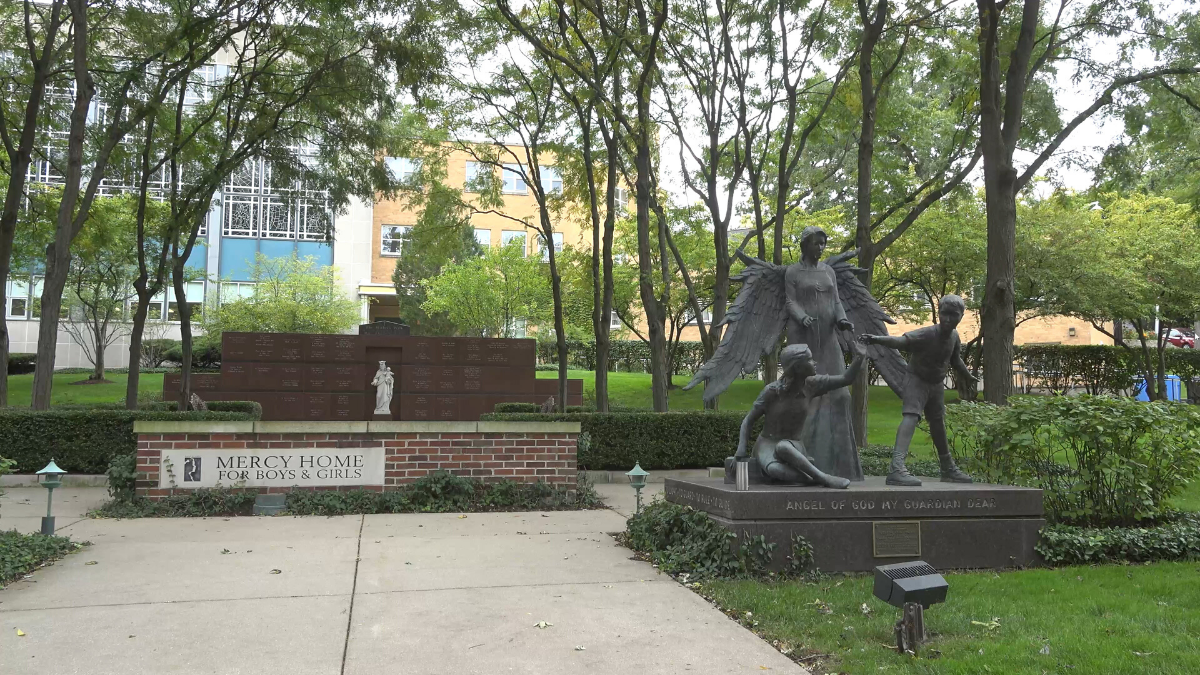The death of George Floyd, whose life we all watched leave his body as a police officer knelt on his neck for eight minutes and 46 seconds, was a shock to many, and yet not a shock to many. The unrest we saw unfold in cities across the U.S. over the past week was a shock to many and yet not a shock to many.
Both of these realities―racism and rage―were there for so much longer than those 8 minutes and 46 seconds. Much longer than the just the past few days. Seen or experienced by some. Unseen or ignored by others. But now, especially through our devices and our screens, they take a seat uncomfortably next to each of us, no matter where we are. They refuse to continue unseen and unacknowledged any longer.
The problems beneath this anger are systemic. But each of us is part of the same system, influencing its movement and shaping its character with every choice we make, no matter how seemingly insignificant. Once we truly see this problem, we can choose to understand our individual roles and responsibilities in it.
We can’t allow ourselves to be overwhelmed by these difficult images and conclude that these problems are too big for us to do anything about. We can create change with each intention and choice we make going forward. Moments like this one challenge us and remind us that we must remain vigilant in response to injustice.
As my coworkers at Mercy Home work with our youth and families, they make the choice to see the impact of this unfairness and injustice. They bear witness to the collective traumas wrought by inequality of opportunity, disinvestment, discrimination, and indifference. And they address the injustice they see as the scriptures command us to do. Our church tells us to sow peace by working for justice.
This cause is not served by tearing down and taking. Only by building up and giving. That is what this mission of Mercy Home is about and we are called to promote the cause of justice by the relationships we build, and by the hope that we give.
And while we see and respond, we must also listen. We must be present to each other’s pain. I pray we will create that space to listen and to build up one another.
The ideal of justice is often represented as blind. But as a compassionate people, we are not blind to the reality of injustice. We see it through God’s eyes and we remedy it through God’s instruction. Let us be of comfort to one another and continue to do our part to remedy injustice through the mission of Mercy Home and through our everyday actions.


